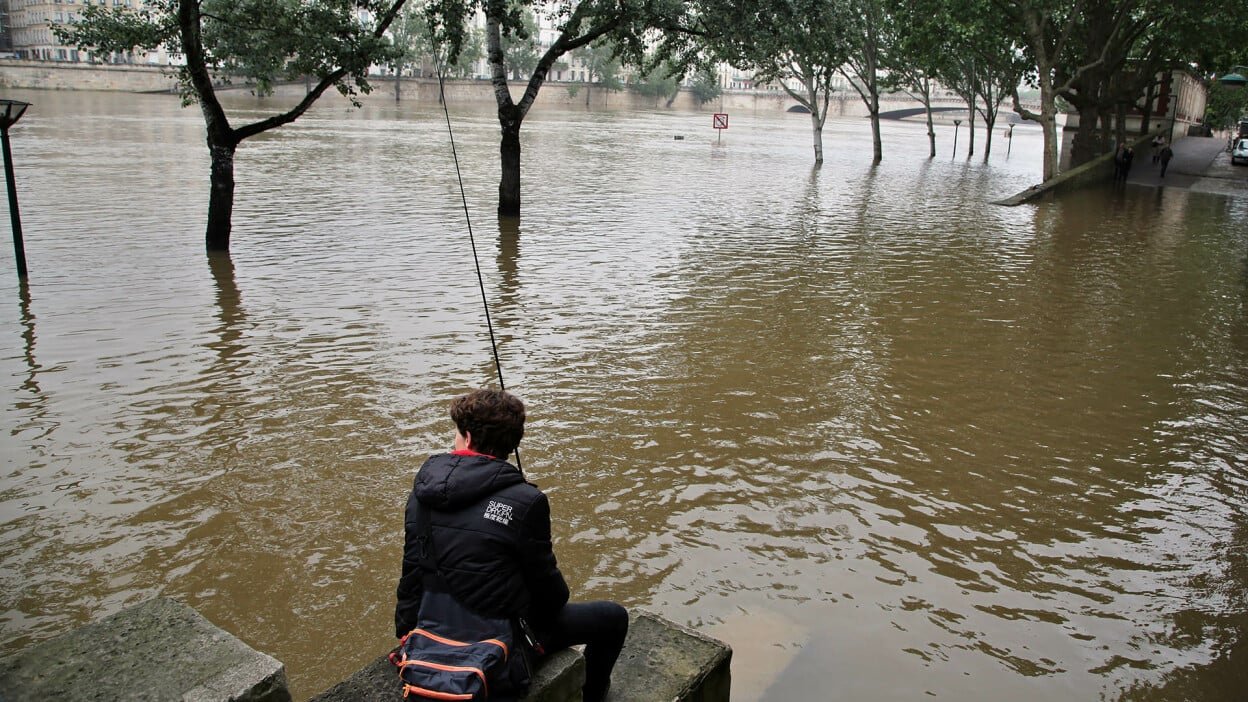The Global Stocktake report, a culmination of a two-year assessment of the 2015 Paris climate agreement, has gathered insights from experts, governments, and activists.

The Global Stocktake report, a culmination of a two-year assessment of the 2015 Paris climate agreement, has gathered insights from experts, governments, and activists. This report will serve as the foundation for the global stock-take discussion at COP28.
The United Nations issued a stark warning on Friday, stating that the world is falling short of efforts to combat global warming, emphasizing the need for increased action on multiple fronts. This announcement comes ahead of crucial international discussions at COP28 in Dubai later this year, following months of devastating wildfires and record-high temperatures.
While acknowledging the progress driven by the Paris Agreement in galvanizing near-universal climate action, the report underscored the pressing need for more comprehensive efforts. It stated, “While action is proceeding, much more is needed now on all fronts.”
In 2015, nearly 200 countries committed in Paris to limit global warming to no more than 2 degrees Celsius above pre-industrial levels, with an aspiration to cap the increase at 1.5 degrees Celsius.
Although individual countries are responsible for determining their own climate actions, they also agreed to submit progress reports by 2023 to assess the need for further measures.
The U.N. asserted that current national commitments to reduce emissions were inadequate to stay within the 1.5 degrees Celsius threshold. The report called for over 20 gigatonnes of additional CO2 reductions within this decade, along with achieving global net zero emissions by 2050, to meet these objectives.
Several of the world’s most climate-vulnerable nations emphasized that this report should serve as a catalyst for urgent action from global leaders. Pa’olelei Luteru, chair of the Association of Small Island States, urged leaders to heed the report’s findings and recommendations.
The report advocated for a significant reduction (67-92%) in the use of “unabated” coal power by 2030 compared to 2019 levels, with a goal of virtually eliminating it as a source of electricity by 2050. Additionally, it called for a substantial increase in low and zero-carbon electricity, making up 99% of the global total by mid-century.
Tom Evans, a policy advisor at British climate think tank E3G, emphasized that robust commitments were needed to phase out fossil fuels, set 2030 targets for renewable energy expansion, and ensure financial systems supported climate action.
As preparations for COP28 intensify, Sultan Al Jaber, who will preside over the summit, urged both states and private sector leaders to come forward with concrete commitments.
Meanwhile, U.N. Secretary-General Antonio Guterres urged G20 leaders to take decisive action to address the escalating climate crisis, characterizing it as a situation “spinning out of control.” A Brazilian climate official echoed this sentiment, calling for an unprecedented global mobilization of resources towards sustainable development.